Member of the Month: Alexander Tsai
Sara Curran, Selena Ortiz, Muntasir Masum, Sung ParkAlexander Tsai, MD, PhD, is a board-certified staff psychiatrist at Massachusetts General Hospital; associate professor of psychiatry at Harvard Medical School; and honorary lecturer at Mbarara University of Science and Technology in Mbarara, Uganda. His research aims to shed light on how large-scale social forces affect health and mental health in resource-limited settings, particularly among people living with HIV. Previously, Alex was a Robert Wood Johnson Foundation Health & Society Scholar at the Harvard Center for Population and Development Studies.
You can follow Alex on Twitter @drdrtsai
Tell us about your professional journey and how you ended up studying?
I started medical school thinking that I would be a Robert Wood Johnson Clinical Scholar-type general internist/health policy researcher. Then during medical school I realized I hated the practice of inpatient medicine, and by the time I was close to finishing, I could really only see myself going into either surgery or psychiatry. But my personality was much better suited to psychiatry anyway. And I also felt like the kind of psychiatry I hoped to practice would also exemplify what the theologian Stanley Hauerwas describes as the call to “be present” to those who are suffering and/or in pain. Separately, it was not until later, at the very end of medical school, that I discovered global health, which came about through a chance encounter before medical school that led to my going to South Africa some 7 years later. So basically at the end of medical school I found myself needing to pivot to a completely new clinical specialty (from internal medicine to psychiatry) and to a completely new area of research (from US domestic health policy to global health). If you look up my first 10 publications, you’ll see that I was pretty much all over the place. (I still am.)
What is the general focus of your current research?
In very general terms, I have focused my research on understanding how large-scale social pathogens (e.g., stigma, discrimination, violence) affect the distribution of mental health outcomes in historically marginalized populations. One of the research studies that takes up much of my time and energy is a population-based social network cohort based in a rural region of southwestern Uganda. A secondary focus of my research has been to discern how social policy can be used to address social determinants and shift the distribution of mental health outcomes so as to protect the most vulnerable.
Can you summarize for us something you’ve been working on recently?
Two new projects– one is a mixed-methods study to understand how police violence contributes to racial disparities in sleep health. The other is an intervention study to reduce drug overdose deaths in rural Maine. Aside from specific research projects, I have been trying to learn how to be a better research mentor. Helping other people figure out how to launch in our ridiculous kill-profit-or-die world is one of the things I like most about my work. But I pretty much just make it up as I go along, and I am trying to learn how to do it better, more thoughtfully, more systematically.
How is interdisciplinary work necessary for the topics you study?
I’ve found interdisciplinary work to be tremendously important — indispensable, actually. In Uganda, I almost always start with qualitative research because, for the concepts I am interested in studying — for example, water insecurity and ruminative depression — I have only a very American understanding. And for my US-based domestic work, I have almost always found it helpful to see what other fields have to say about the topic at hand, whether we are talking about sociology, economics, or some other field. This probably has to do with how I was raised, i.e., in the Robert Wood Johnson Health & Society Scholar ecosystem, which places a high value on interdisciplinary work. And I just launched a new journal with two colleagues (who come from anthropology), Social Science and Medicine-Mental Health, and our aim is explicitly to encourage interdisciplinary manuscript submissions. (Please send us your papers! Elsevier is waiving all article publishing charges until December 31.)
Why did you decide to become a member of IAPHS, and how does IAPHS help you to advance the work that you do?
I think I just became a member because the Robert Wood Johnson Foundation discontinued the Health and Society Scholars human capital program, and I was desperately hoping for some venue out there to maintain the same ethos. So when all of the Health and Society Scholars folks started talking about this new organization, I was like: sign me up!
Favorite population health relevant academic/news/etc. article(s)?
Because I was such a bad graduate student, I feel like I didn’t learn econometrics very well. I have been reading Scott Cunningham’s new econometrics textbook, Causal Inference: The Mixtape. He is really, really great at explaining complex estimation methods in a way that people like me can understand. I would highly recommend it for anyone, new graduate students and senior PIs alike.
Favorite movie?
Chingoo (2001)
Favorite band?
Hard to say. I’m usually listening to Over the Rhine, Cowboy Junkies, Tift Merritt, or Kathleen Edwards.
Favorite non-fiction?
Anything by Stanley Hauerwas
Favorite novel?
Beat the Reaper by Josh Bazell. I have never found another book that captures the absurdity of medical residency as artfully (and hilariously) as he does.
Hobbies?
I don’t really have any hobbies. These days mostly I spend my time playing LEGOs. And also I spend my time trying to figure out how to play Monopoly without making the game drag on for too long. Matt Kiang wrote a masterful paper detailing how to maximize the probability of a toddler winning without increasing playing time. Someone needs to do a simulation for Monopoly.

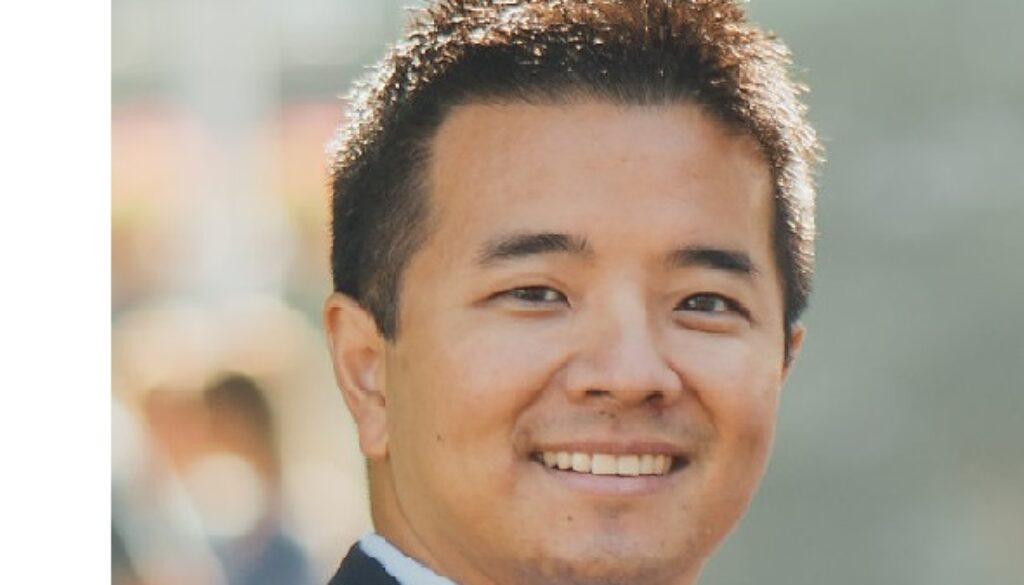

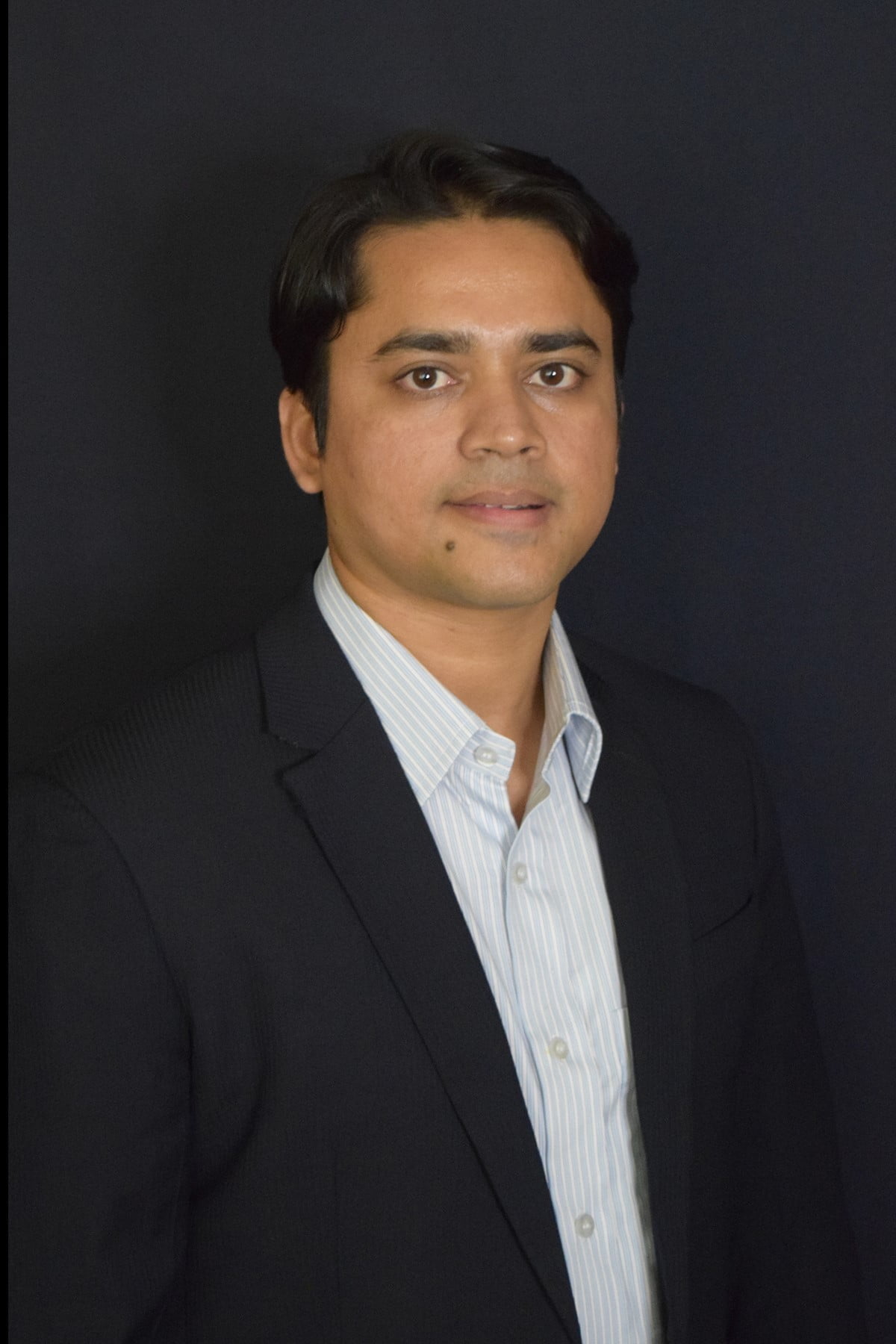
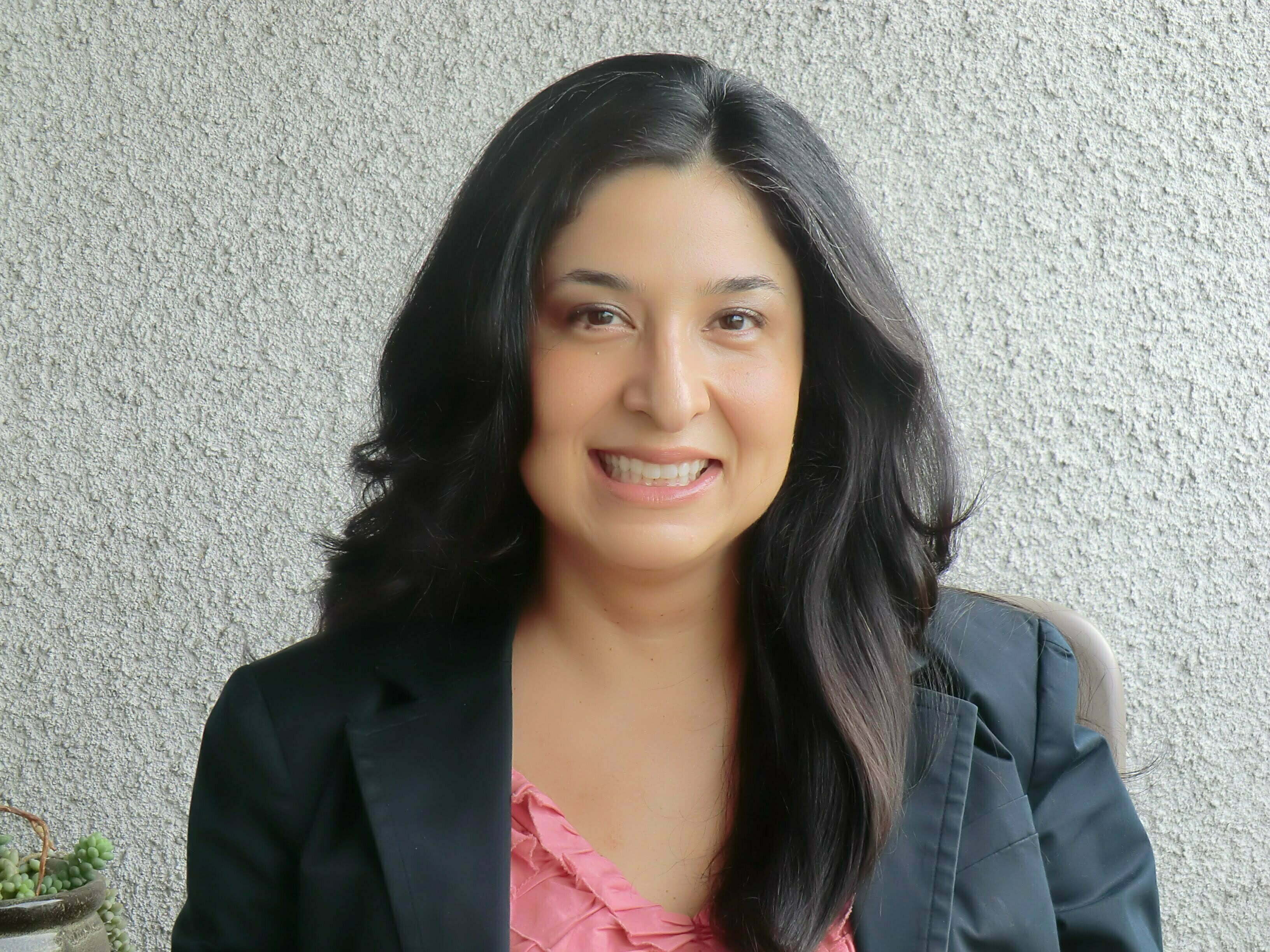
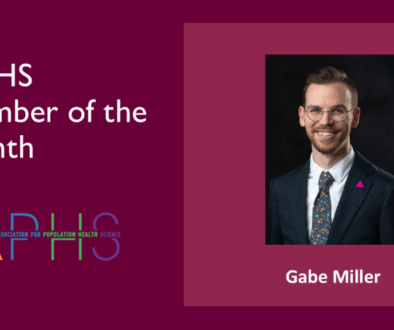
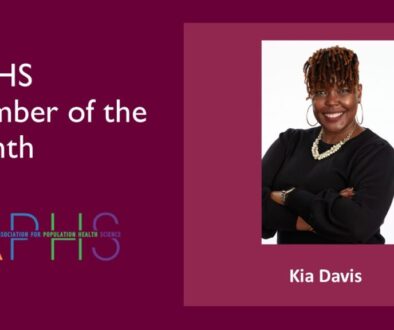

All comments will be reviewed and posted if substantive and of general interest to IAPHS readers.